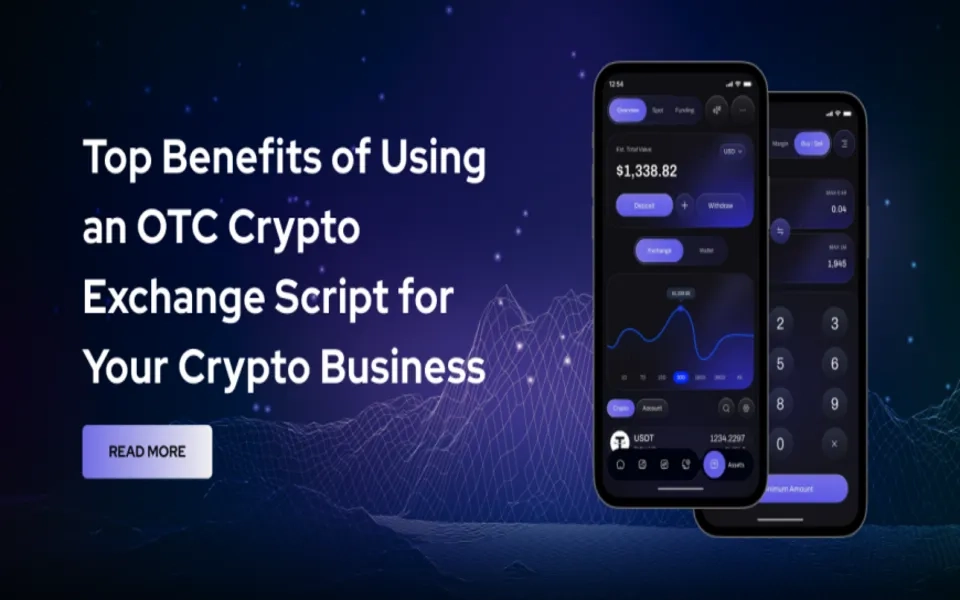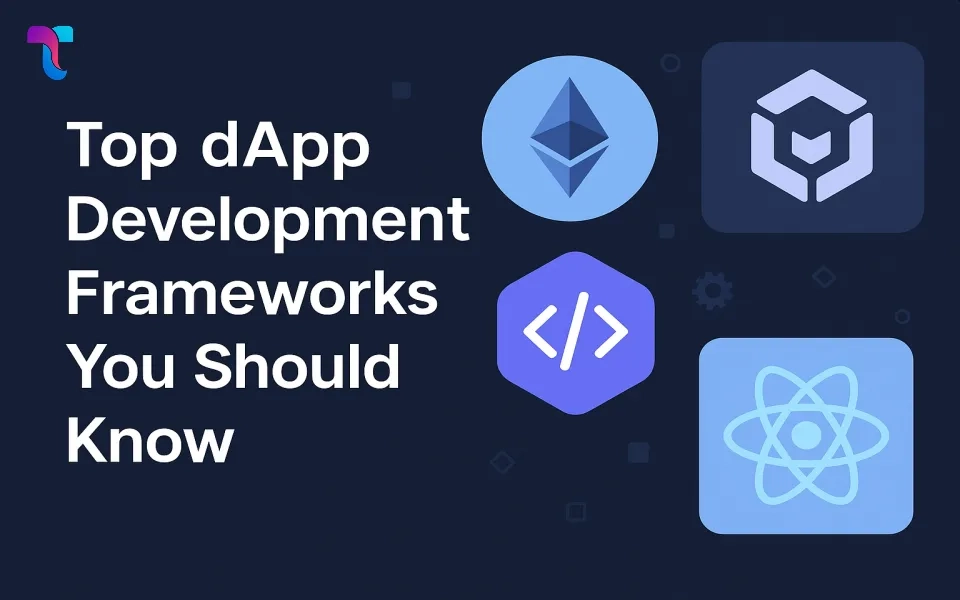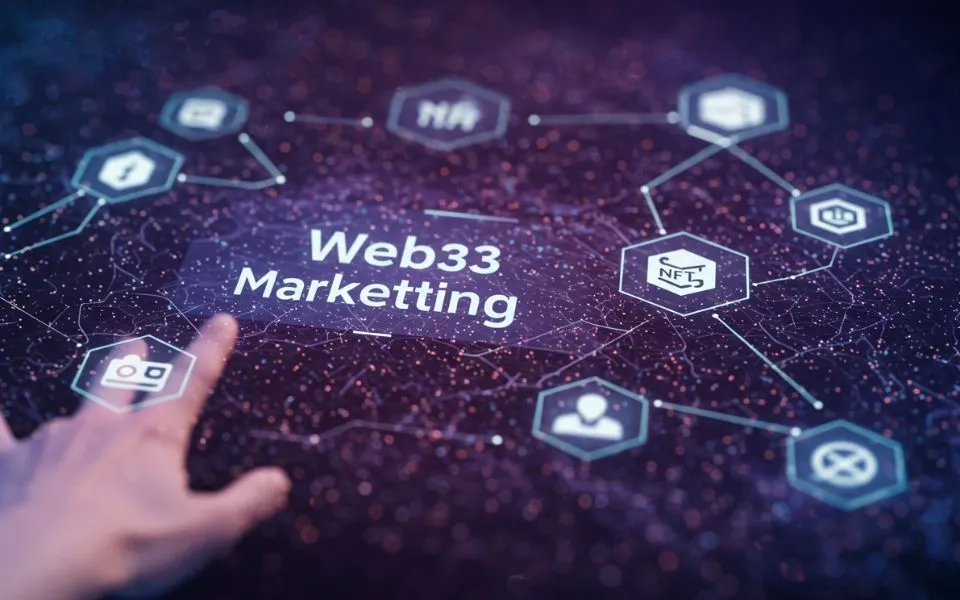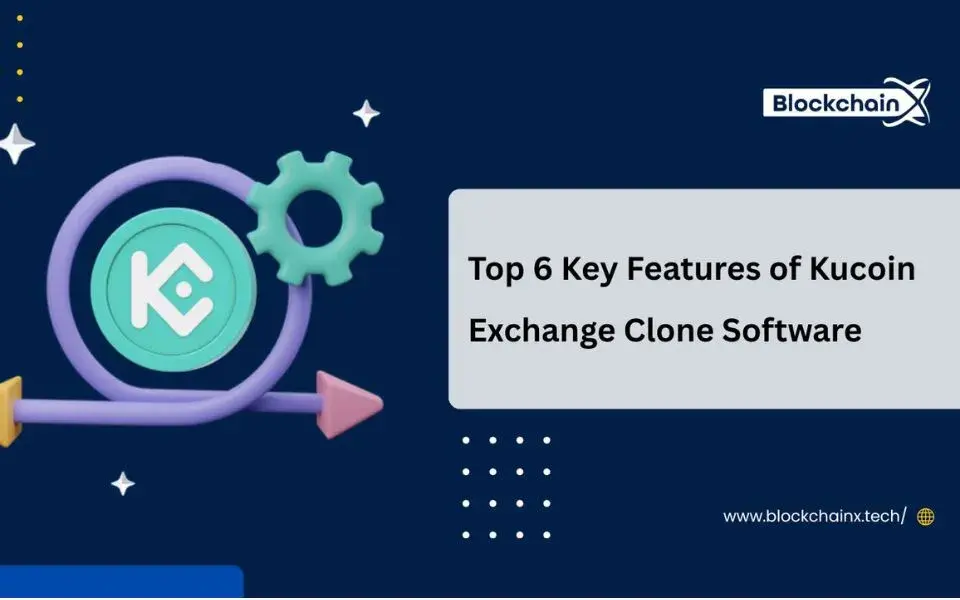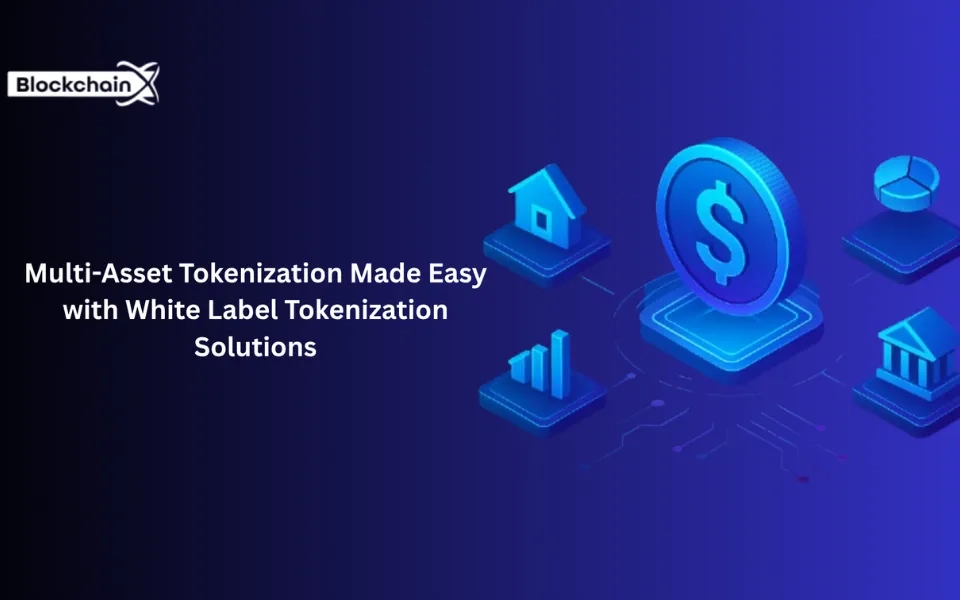The e-commerce and retail sectors are experiencing a pivotal transformation, and at the heart of this shift lies a surprising catalyst—ICO marketing. Once considered the go-to fundraising model for blockchain startups, Initial Coin Offerings (ICOs) are now being embraced by e-commerce and retail businesses looking to innovate how they raise capital, build communities, and drive engagement in 2025. This evolution is more than a passing trend—it’s a strategic move that is redefining how brands approach funding and customer loyalty in the Web3 era.
The Convergence of Retail, E-commerce, and Blockchain
Retail and e-commerce have historically relied on traditional investment channels—venture capital, IPOs, or institutional loans. But with growing competition and the rising cost of customer acquisition, businesses are increasingly looking to blockchain for more than just payment efficiency. The convergence of retail and blockchain has given rise to tokenized commerce, where digital tokens become a central part of the business model.
Whether it’s issuing utility tokens for exclusive access, launching loyalty tokens that can be traded, or raising capital through an ICO to expand globally, blockchain enables retailers to rethink customer engagement. With ICO marketing, these brands gain not just funds but also a built-in community of token holders incentivized to participate in the platform’s growth.
Why Traditional Fundraising Falls Short for Modern Retail
Retailers face unique challenges in today’s economic landscape. Traditional fundraising often involves months of negotiations, equity dilution, and significant upfront costs. Moreover, conventional investors may not fully understand the new business models emerging in digital-first retail environments.
This is where ICOs present a compelling alternative. Instead of giving up equity, brands can issue tokens in exchange for crypto capital. These tokens can be used for product discounts, loyalty rewards, or governance rights—creating a more engaged and loyal user base. ICO marketing plays a critical role in this transition, allowing projects to communicate their vision, build awareness, and create long-term value around their token ecosystem.
How ICO Marketing Fits E-commerce’s Growth Goals
In the fast-moving world of e-commerce, time-to-market is crucial. ICOs allow startups and established platforms alike to raise funds quickly while simultaneously launching a new marketing engine. A well-orchestrated ICO marketing campaign does more than attract investors—it brings in users, builds brand credibility, and amplifies product visibility.
For e-commerce companies, this is game-changing. ICO marketing campaigns typically include a mix of influencer outreach, community engagement, crypto PR, paid media, content creation, and token utility narratives. These tactics align seamlessly with the goals of modern e-commerce brands: scaling rapidly, building loyal users, and creating a global footprint without relying solely on traditional advertising models.
Real-World Use Cases: Retailers Leveraging ICOs
In 2025, several forward-thinking retail and e-commerce companies are demonstrating how effective ICO marketing can be. Fashion brands are launching tokens that offer early access to new collections or special voting privileges on designs. Online marketplaces are raising capital through ICOs to fund the integration of decentralized logistics, AI-based recommendations, or new product categories.
Some retailers are even partnering with NFT platforms, issuing tokens tied to digital collectibles that offer real-world rewards. ICO marketing in these cases isn’t just about raising money—it’s about building emotional equity with consumers. By connecting token utility to product benefits, these businesses are creating more meaningful brand relationships and increasing customer lifetime value.
Community-Driven Growth: The Hidden Benefit of ICOs
One of the most underappreciated aspects of ICO marketing for e-commerce is its ability to foster community-driven growth. Unlike traditional loyalty programs, tokens create financial incentives for users to spread the word, provide feedback, and participate in governance. This turns customers into brand ambassadors who are personally invested in the company’s success.
A successful ICO marketing strategy often includes building active communities on Telegram, Discord, X (Twitter), and niche crypto forums. These communities generate a feedback loop that helps brands iterate quickly, launch better products, and fine-tune their messaging. In a retail landscape where customer attention is fleeting, this kind of engagement is invaluable.
Enhancing Loyalty and Retention with Token Incentives
Retailers have long struggled with customer retention. Discounts and loyalty points have limited appeal and are often seen as commoditized. ICO-based models offer a powerful alternative: tokenized loyalty programs with actual market value. When customers know their loyalty tokens can be traded, staked, or redeemed for rare rewards, their behavior changes.
ICO marketing strategies capitalize on this by clearly articulating the value proposition of the token. Through whitepapers, explainer videos, influencer content, and AMAs (Ask Me Anything sessions), marketers explain how the token works and why it matters. As a result, customers don’t just buy—they invest, hold, and advocate.
Smart Contracts Enable Greater Transparency
Another advantage fueling the rise of ICOs in retail is the transparency and automation enabled by smart contracts. Consumers today demand more accountability from brands, especially in areas like product sourcing, sustainability, and data privacy. Blockchain-based token systems allow e-commerce platforms to integrate smart contracts that automate discounts, manage referrals, or verify authenticity in supply chains.
ICO marketing leverages this transparency as a selling point. Campaigns that highlight the security, traceability, and reliability of the platform’s token mechanics appeal to a new generation of conscious consumers and investors. For retail brands trying to build trust in a saturated market, this can be a major differentiator.
Regulatory Maturity Opens the Door
In the past, many retailers were hesitant to explore ICOs due to regulatory uncertainty. But as of 2025, there’s far more clarity in major markets. Countries like the UAE, Singapore, and parts of Europe now offer well-defined legal frameworks for token issuance, making it easier for e-commerce companies to launch ICOs with compliance baked in.
ICO marketing today must account for this evolution. Successful campaigns are now built in collaboration with legal advisors, KYC/AML providers, and tokenomics experts. Marketing messages are no longer just hype—they reflect regulatory alignment, consumer protection measures, and sustainable long-term growth. This elevates brand credibility and opens the door to partnerships with payment processors, shipping providers, and other infrastructure players.
Crypto Payments and Token Utility in Checkout
Beyond fundraising, tokens from ICOs often become an integral part of the checkout experience. Retailers are increasingly accepting crypto or native tokens as payment, giving customers more flexibility and reducing processing fees. This integration is actively promoted during ICO marketing efforts, especially through influencer walkthroughs, payment tutorials, and beta user testimonials.
When tokens are positioned as more than speculative assets—when they become part of everyday shopping—trust and usage skyrocket. ICO marketing teams now work closely with UX designers and developers to ensure smooth token utility within platforms. This full-stack approach ensures that every step of the buyer journey supports the token ecosystem.
Future-Proofing Retail Brands with Web3 Integration
Retailers that embrace ICO marketing are not just seeking short-term funding—they're preparing for a decentralized future. As Web3 adoption grows, brands that already operate within tokenized ecosystems will have a head start. Whether it’s integration with decentralized identity systems, interoperable loyalty rewards, or NFT-based product authentication, ICOs lay the groundwork for these capabilities.
ICO marketing in this context becomes a bridge between current Web2 users and future-ready Web3 infrastructure. Campaigns that educate users about Web3, explain wallet onboarding, and highlight token-powered benefits build digital confidence. This is essential for traditional e-commerce players looking to stay ahead of disruptive trends.
Key Takeaways: The Strategic Value of ICO Marketing for Retail
The rapid adoption of ICO marketing by e-commerce and retail companies in 2025 reflects a larger movement—one where community, capital, and commerce are converging. ICOs offer a flexible, scalable, and engaging way to raise funds, build brand equity, and incentivize customer loyalty without compromising on control or vision.
For retail projects, this is a strategic inflection point. By embracing ICO marketing, they’re not only accessing new capital—they’re unlocking new business models, deeper customer relationships, and lasting competitive advantages.







